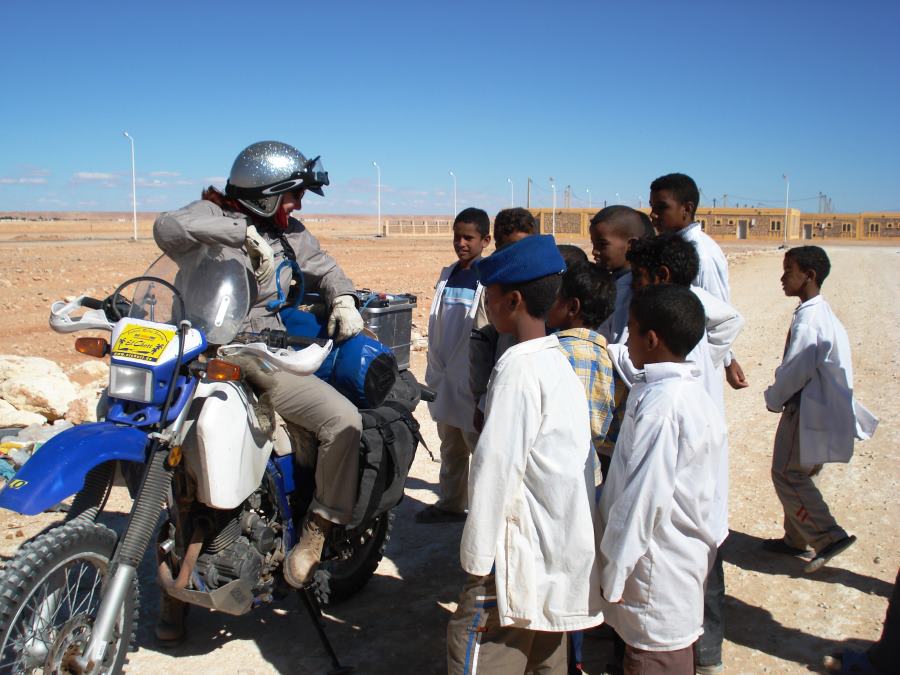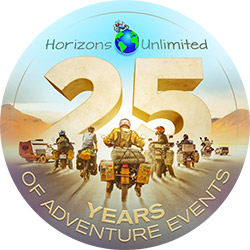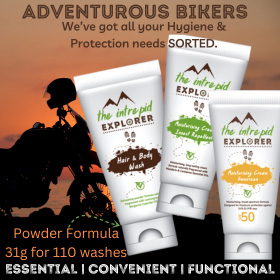|
Beginners travel enduro for Andes-off-road-camping-tour?
Hello everyone!
I am planning to do some nice off road traveling, most probably in the south american Andes mountain range, and stay mostly away from civilization, camping.
I have no idea about anything in the subject, just did my license last year.
I already tried to find out the basics using HU (awesome site!) and other internet sources; I am impressed how much there is to learn and understand...can be overwhelming sometimes. When I watch a video about it or read a post people discuss in specific, technical terms as if it was all natural. [Leaving me in a state of "What the heck are they blathering about?".]
I know how to turn a motorcycle on and get it going, and follow the traffic rules, and that's pretty much it. However since I like the subject and consider myself interested, I'm fond that this will change for the better. Just don't know where to start really. My intuition tells me I should be driving, not reading, if I was to learn something about off road motorcycling (or both, but however not omitting the driving part...). Then again I don't see much of a possibility to broadly try out bikes (and studying the theory at the side) before my trip.
So...one way to address this situation may be the question:
With which bikes I cannot be wrong?
Many considerations indicate that I would enjoy a bike that is light. Is there, however, a minimal size (cc) for the engine, or what kind of problems could I be facing traveling with a very light bike?
Also the model should be very common around (for some time) so that it is well-known by all the surrounding mechanics and parts are easy to get.
How do I find out these models?
Which bikes are most available, frequently offered, also counting in the price-quality-ratio (in some region or city, I could even buy the bike in North America, if that has enough advantages, and drive it south then, I don't know if that's silly tough or anyway impossible for some reason)?
As stated, this is my first off road. The bike should be nice to me, easy to handle. Which models have this kind of reputation?
I am 170 cm tall (5ft 7in) and weight is 65 kg (143 lbs).
Thanks so much for every hint or thought regarding my situation!
Cheers, yours
Ettore
Last edited by ettore; 19 May 2015 at 11:50.
|





















 1Likes
1Likes











 Threaded Mode
Threaded Mode








